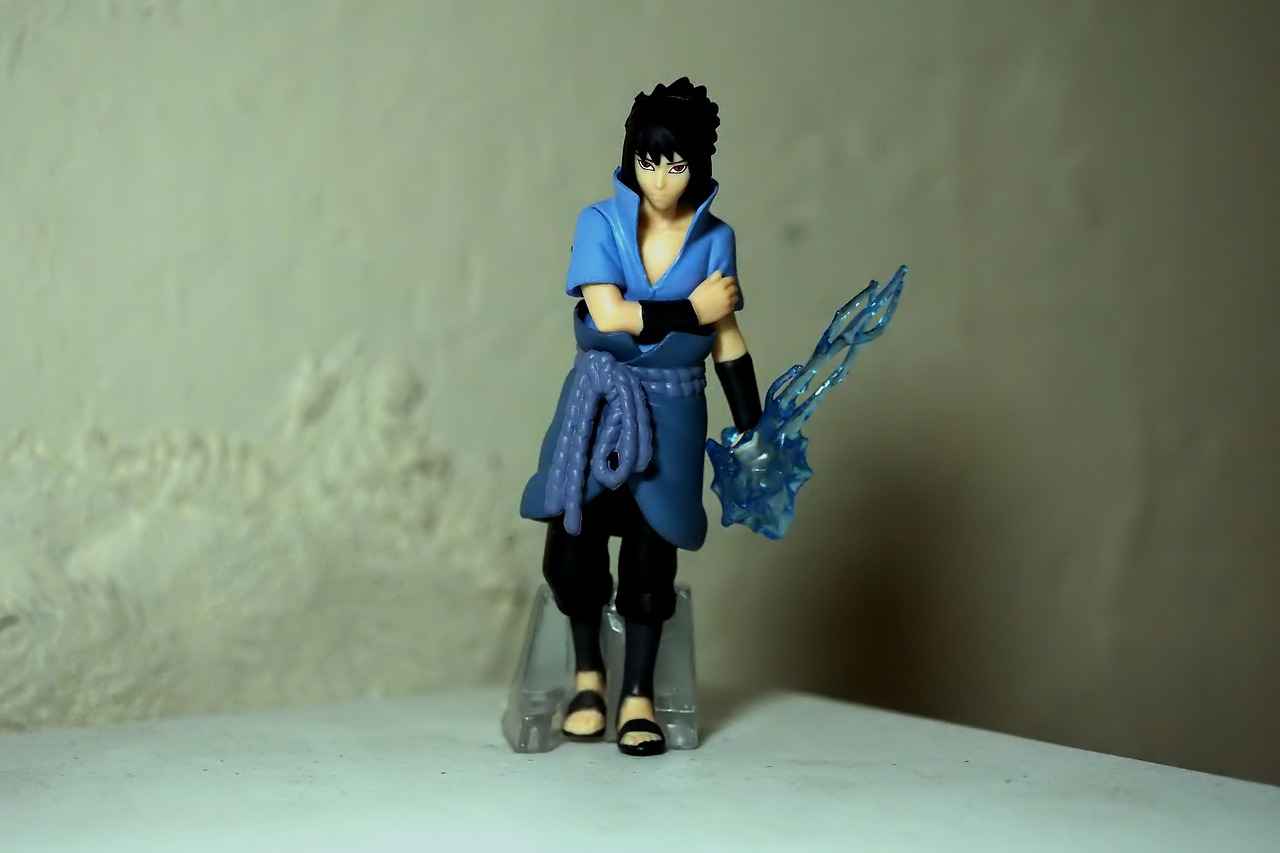This article delves into the intricate layers of Sasuke Uchiha’s revenge quest in Naruto, emphasizing its emotional depth, character growth, and significant impact on the overarching storyline.
The Genesis of Sasuke’s Revenge
Sasuke’s desire for revenge is deeply rooted in a traumatic past, primarily stemming from the massacre of his clan by his brother Itachi. This tragic event not only serves as a catalyst for his journey but also lays the groundwork for his character’s evolution throughout the series.
The Emotional Turmoil of Revenge
Throughout his journey, Sasuke grapples with intense emotional struggles. His quest for vengeance illustrates how the desire for revenge can consume an individual, adding layers of complexity to his character and making him relatable to the audience.
The Cost of Revenge
As Sasuke pursues his goal, he faces numerous personal sacrifices, including the deterioration of relationships and a battle with his own morality. This theme resonates with viewers, prompting reflections on the true cost of vengeance.
Impact on Relationships
Sasuke’s relentless pursuit of revenge creates significant tension in his relationships with friends and allies, especially Naruto and Sakura. This conflict highlights the series’ overarching theme of friendship versus ambition.
Moral Dilemmas Faced
Throughout his journey, Sasuke confronts profound moral dilemmas, which challenge his understanding of right and wrong. These moments of introspection enrich his character and engage the audience on a deeper level.
Character Development Through Adversity
Sasuke’s experiences shape him into a multifaceted individual. His transformation from a revenge-driven youth to a more nuanced character showcases the transformative power of adversity.
The Role of Itachi in Sasuke’s Quest
Itachi serves as both an antagonist and a crucial figure in Sasuke’s narrative, driving his motivations and ultimately leading to revelations that reshape Sasuke’s view on revenge.
Confrontation with Itachi
The climactic battle between Sasuke and Itachi marks a pivotal turning point, unveiling hidden truths and challenging Sasuke’s perceptions of revenge, family, and forgiveness.
The Aftermath of Revenge
Sasuke’s journey culminates in significant consequences, compelling him to confront the implications of his actions and the true meaning of strength and redemption.
Conclusion: The Legacy of Sasuke’s Quest
Sasuke’s revenge quest stands out as a compelling narrative arc that explores themes of loss, ambition, and redemption, leaving a profound impact on the Naruto series and its devoted fanbase.
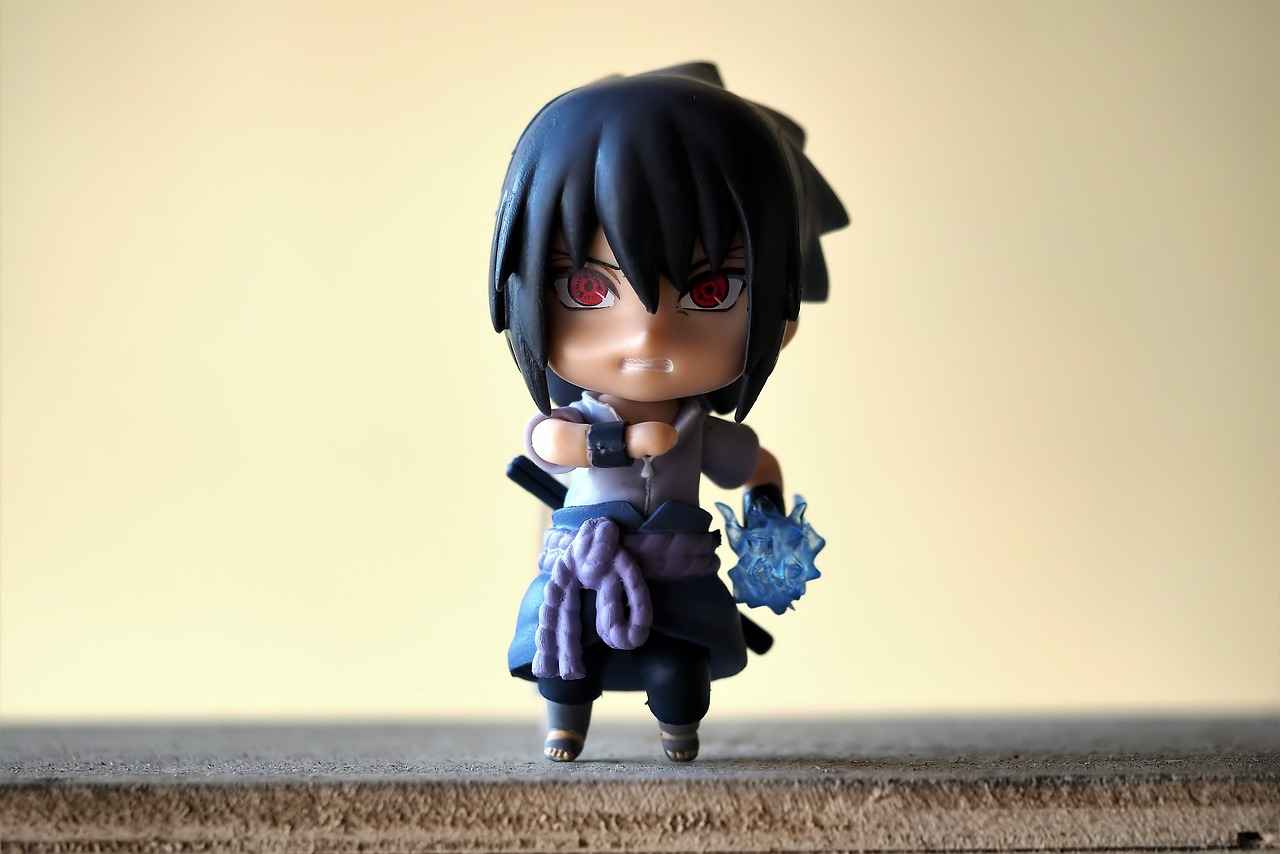
The Genesis of Sasuke’s Revenge
Why Sasuke’s Revenge Quest is the Most Intriguing in Naruto
This article explores the complexities of Sasuke Uchiha’s revenge quest in Naruto, highlighting its emotional depth, character development, and impact on the overall storyline.
Sasuke Uchiha’s quest for vengeance is deeply rooted in a traumatic past that has shaped him into one of the most complex characters in the Naruto series. The brutal massacre of the Uchiha clan at the hands of his older brother, Itachi, serves as the catalyst for Sasuke’s relentless pursuit of revenge. This tragic event not only stripped him of his family but also instilled in him a burning desire to confront his brother and avenge the fallen.
The impact of this trauma is profound, creating a void in Sasuke’s life that fuels his ambition. As he navigates the world of ninjas, his quest for revenge becomes a driving force, influencing his decisions and relationships. This quest is not merely about revenge; it represents a struggle for identity and purpose in a world that has betrayed him.
Throughout the series, Sasuke’s character evolves significantly. Initially portrayed as a vengeful youth, his journey reveals the emotional turmoil that accompanies his desire for vengeance. The internal conflict he faces adds layers to his character, making him relatable to audiences who understand the pain of loss and the allure of revenge.
As he delves deeper into his quest, Sasuke’s motivations become increasingly complex. He grapples with the morality of his actions and the consequences they entail, leading to moments of introspection that challenge his understanding of strength and justice. This complexity makes his character arc not just about revenge, but also about the search for redemption and the true meaning of family.
In conclusion, Sasuke’s quest for revenge is a multifaceted narrative that reflects the human experience of loss, ambition, and the quest for understanding. His journey is a testament to the enduring impact of trauma and the paths we choose in the face of overwhelming grief.
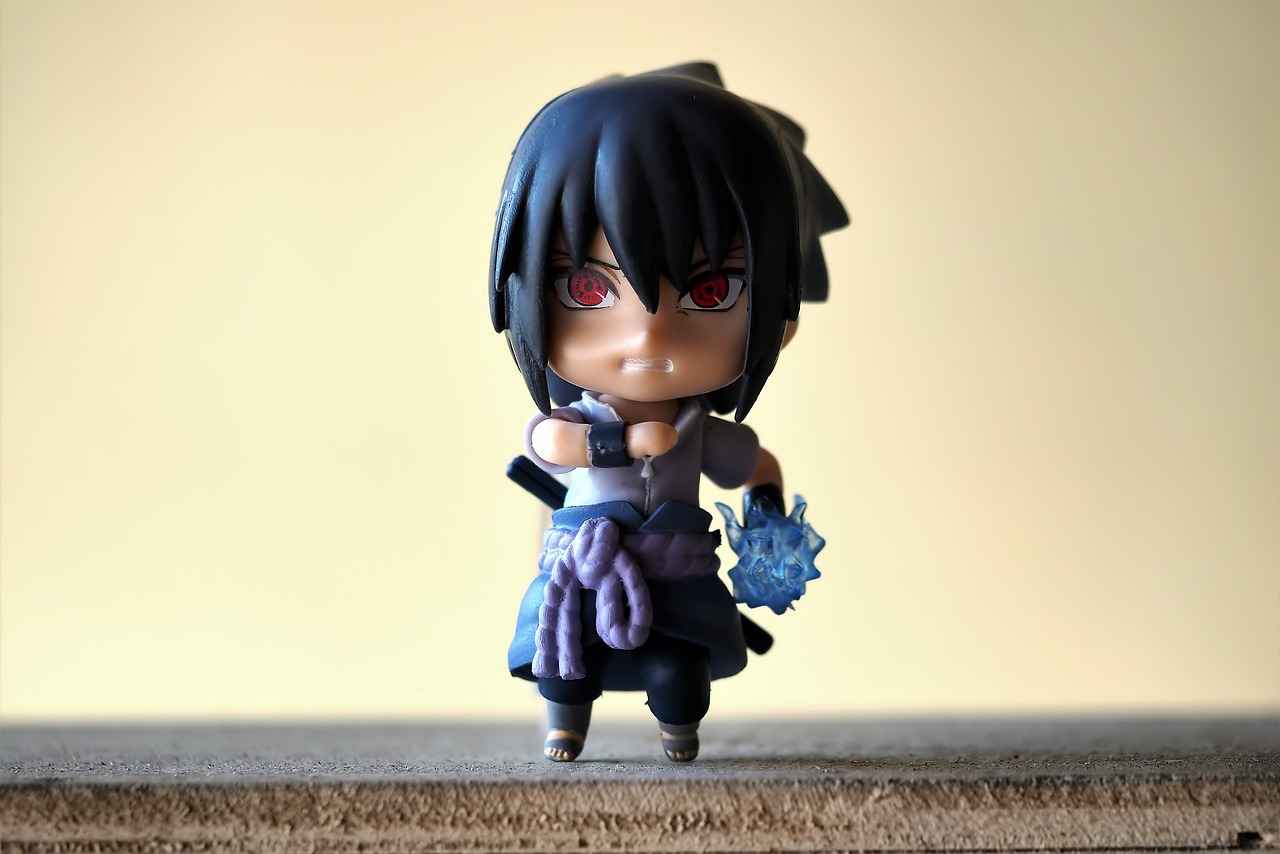
The Emotional Turmoil of Revenge
Sasuke Uchiha’s journey through the Naruto series is profoundly shaped by his quest for revenge, which serves as both a driving force and a source of deep emotional turmoil. This complex narrative arc allows fans to explore the darker side of ambition and the psychological impact of a relentless pursuit of vengeance.
Initially, Sasuke’s desire for revenge is rooted in a tragic backstory. The brutal massacre of his clan by his older brother, Itachi, leaves him with an insatiable thirst for retribution. This event not only fuels his ambition but also sets the stage for his internal struggles. As he navigates the world of shinobi, Sasuke’s single-minded focus on revenge begins to consume him, leading to a series of intense emotional conflicts.
| Emotional Struggles | Consequences |
|---|---|
| Isolation from Friends | Loss of Relationships |
| Moral Ambiguity | Questioning His Path |
| Hatred Towards Itachi | Destruction of Self |
Sasuke’s emotional turmoil is further exacerbated by his internal conflict between his desire for revenge and the relationships he jeopardizes along the way. His bonds with Naruto and Sakura, who represent friendship and loyalty, are strained as he becomes increasingly consumed by his quest. This tension highlights a central theme in Naruto: the struggle between personal ambition and the connections we forge with others.
Moreover, the moral dilemmas Sasuke faces force him to confront the true cost of his revenge. With each step he takes towards his goal, he grapples with the implications of his actions, questioning whether the path he has chosen is worth the sacrifices he has made. This introspection adds depth to his character, making him relatable to viewers who have experienced their own struggles with vengeance and forgiveness.
In conclusion, Sasuke’s emotional turmoil throughout his quest for revenge not only enriches his character but also serves as a cautionary tale about the dangers of allowing hatred to dictate one’s actions. His journey reminds us that while the desire for revenge can be powerful, it often leads to isolation, moral conflict, and ultimately, a loss of self.
The Cost of Revenge
is a profound theme in many narratives, and in the world of Naruto, it is epitomized by Sasuke Uchiha’s journey. Sasuke’s relentless pursuit of vengeance against his brother Itachi serves as a powerful exploration of the personal sacrifices one makes in the name of revenge. This quest not only alters his relationships but also challenges his moral compass.
Initially, Sasuke is depicted as a talented and ambitious young ninja, driven by a desire to avenge his clan. However, as his journey unfolds, it becomes clear that the path of vengeance is fraught with emotional turmoil. The more he fixates on his goal, the more he distances himself from his friends, particularly Naruto and Sakura. This strain highlights the conflict between ambition and friendship, a recurring theme that resonates deeply with audiences.
As Sasuke battles formidable foes and undergoes intense training, he grapples with significant moral dilemmas. Each confrontation forces him to confront the consequences of his actions, leading to moments of introspection that deepen his character. The audience witnesses a transformation as he navigates the thin line between justice and revenge, prompting reflections on the true cost of vengeance.
Ultimately, Sasuke’s quest culminates in a confrontation with Itachi, where hidden truths are revealed. This pivotal moment not only alters his understanding of revenge but also reshapes his identity. The aftermath of his journey forces him to reckon with the implications of his choices, offering a nuanced perspective on strength and redemption.
In conclusion, Sasuke’s pursuit of vengeance is not merely a quest for retribution; it is a complex narrative that explores the emotional and moral costs associated with revenge. Through his journey, audiences are invited to reflect on the sacrifices made in the name of ambition and the true essence of strength.
Impact on Relationships
Sasuke Uchiha’s quest for revenge significantly affects his relationships, particularly with his closest friends, Naruto Uzumaki and Sakura Haruno. This tension not only drives the plot forward but also serves as a poignant exploration of the conflict between friendship and ambition.
Initially, Sasuke shares a strong bond with Naruto and Sakura, forming a team that embodies the spirit of camaraderie. However, as Sasuke becomes increasingly consumed by his desire for vengeance against his brother, Itachi, he begins to distance himself from his friends. This estrangement is palpable, highlighting the emotional struggle that arises when personal goals overshadow relationships.
As Sasuke pursues his ambition, he inadvertently places his friendships on the back burner. Naruto, who sees Sasuke as a brother, feels a profound sense of betrayal and helplessness. Their rivalry intensifies, leading to memorable confrontations where both characters grapple with their differing ideologies. Naruto’s unwavering belief in the power of bonds starkly contrasts with Sasuke’s solitary path, creating a rift that challenges their friendship.
Sakura, on the other hand, embodies the emotional toll of Sasuke’s choices. Her feelings for Sasuke drive her to support him, yet his rejection of her friendship leaves her heartbroken. This dynamic illustrates the complexities of love and loyalty, as she struggles between her desire to save him and the reality of his choices.
Ultimately, Sasuke’s journey reveals that the pursuit of revenge comes at a steep price, not just for himself but also for those who care about him. The strain on his relationships serves as a reminder of the delicate balance between ambition and the connections we hold dear. As the series progresses, it becomes clear that true strength lies not in vengeance but in the bonds we forge with others.
Moral Dilemmas Faced
Throughout his journey, Sasuke Uchiha finds himself entangled in a web of moral dilemmas that challenge his beliefs and motivations. These pivotal moments not only shape his character but also resonate deeply with the audience, evoking a range of emotions and reflections on the nature of revenge and justice.
Initially, Sasuke’s quest for vengeance is fueled by the traumatic loss of his family at the hands of his brother, Itachi. This event ignites a fire within him, compelling him to pursue strength and power at any cost. However, as he progresses, he begins to question whether the path he has chosen is truly righteous or merely a means to an end. This introspection is crucial, as it highlights the internal conflict that many individuals face when confronted with the desire for revenge.
- Identity Crisis: Sasuke struggles with his identity, torn between the legacy of the Uchiha clan and his personal desires. This conflict leads him to reassess what it means to be strong.
- Friendship vs. Ambition: His relationships with Naruto and Sakura become strained as his ambition takes precedence, forcing him to confront the implications of his choices on those he cares about.
- Consequences of Revenge: Sasuke learns that revenge comes with a price, leading to a cycle of pain and suffering that affects not only himself but also those around him.
These moral dilemmas culminate in a profound realization for Sasuke. He begins to understand that true strength lies not in the pursuit of vengeance but in the ability to forgive and move forward. This transformation engages the audience, prompting them to reflect on their own values and the implications of their decisions.
In conclusion, Sasuke’s journey through moral dilemmas not only deepens his character but also enriches the narrative of Naruto. His struggles serve as a mirror for the audience, inviting them to ponder the complexities of revenge, justice, and redemption.
Character Development Through Adversity
Sasuke Uchiha’s journey in Naruto is a profound exploration of how adversity shapes a character. Initially driven by a singular desire for revenge against his brother Itachi, Sasuke’s experiences throughout the series reveal the complexities of his character. This transformation is not merely about vengeance; it is a journey of self-discovery and moral awakening.
Initially, Sasuke is portrayed as a cold and detached individual, consumed by his need for revenge. The traumatic loss of his family at the hands of his brother creates a void that he seeks to fill with power and strength. However, as he navigates the challenges presented by his quest, he encounters various characters and situations that challenge his worldview.
- Encounter with Naruto: Sasuke’s relationship with Naruto serves as a crucial turning point. Naruto’s unwavering belief in friendship and bonds contrasts sharply with Sasuke’s solitary path, prompting him to reconsider his values.
- Struggles with Morality: As Sasuke faces the consequences of his actions, he grapples with ethical dilemmas that force him to question the righteousness of his quest. This internal conflict adds depth to his character, making him more relatable to the audience.
- Lessons from Itachi: The eventual confrontation with Itachi reveals critical truths about family, sacrifice, and the nature of revenge. These revelations significantly alter Sasuke’s motivations and lead him toward a path of redemption.
The culmination of these experiences transforms Sasuke into a multifaceted character. By the end of the series, he evolves from a revenge-driven youth to a more nuanced individual who understands the importance of connections and the weight of his choices. This evolution highlights the transformative power of adversity, illustrating that personal growth often arises from overcoming challenges.
In conclusion, Sasuke’s character development through adversity is a central theme in Naruto. His journey reflects the complexities of human emotions and the potential for change, making him one of the most intriguing characters in the series.
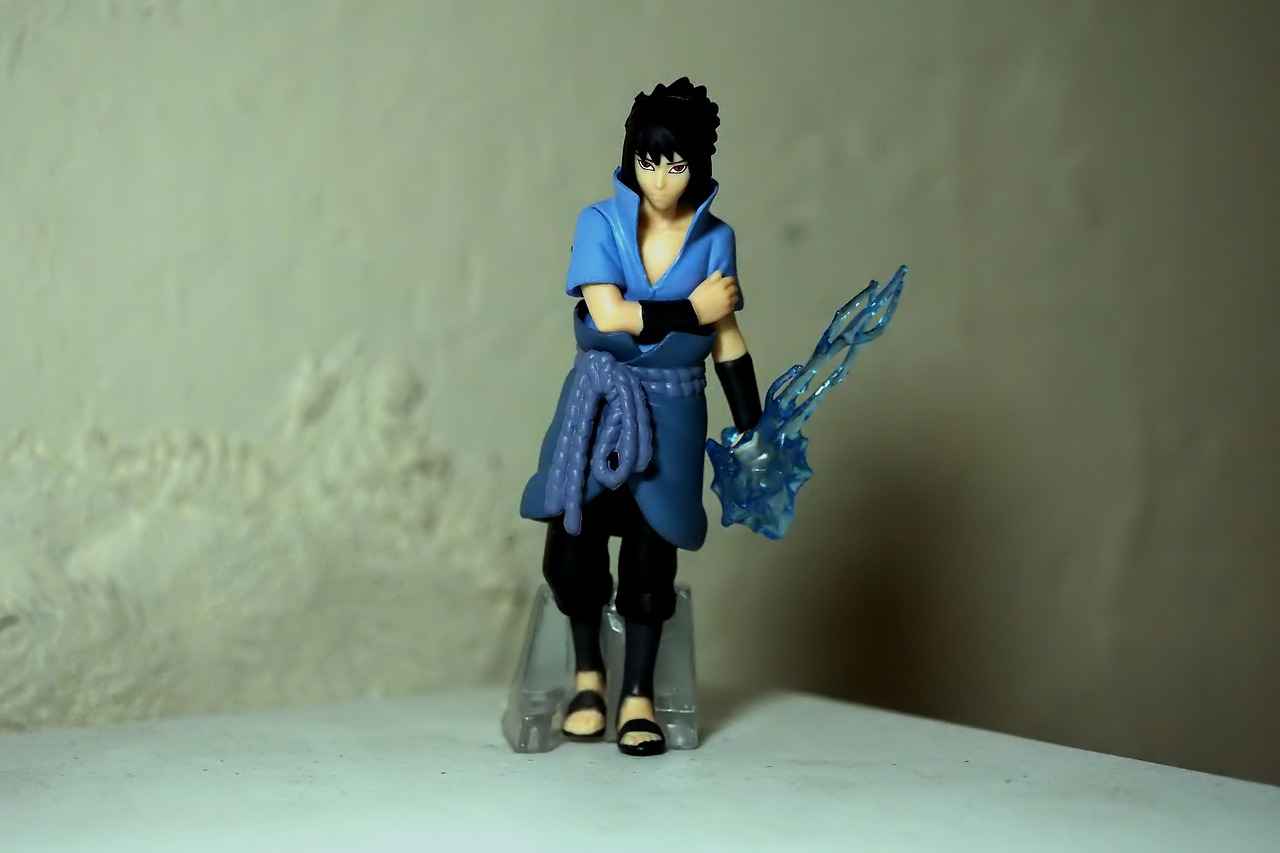
The Role of Itachi in Sasuke’s Quest
Itachi Uchiha is not just a mere antagonist in the story of Naruto; he is a complex character whose actions serve as the catalyst for Sasuke’s transformation. His role is pivotal, as it shapes the very foundation of Sasuke’s motivations and drives the narrative forward.
Initially, Itachi is perceived as the villain responsible for the tragic massacre of the Uchiha clan, which ignites Sasuke’s desire for revenge. However, as the story unfolds, it becomes evident that Itachi’s motivations are far more intricate than they appear. This complexity adds depth to their relationship and forces Sasuke to confront uncomfortable truths about his own quest for vengeance.
Confrontation with Itachi
The highly anticipated battle between Sasuke and Itachi serves as a turning point in the series. This confrontation is not merely a physical clash but a profound moment of revelation for Sasuke. During this intense encounter, secrets are unveiled, including the true reasons behind Itachi’s actions and the burden he carried. This pivotal scene challenges Sasuke’s understanding of revenge and family loyalty, prompting him to reconsider the path he has chosen.
The Aftermath of Revenge
After the confrontation, Sasuke faces the consequences of his actions and the reality of his choices. The emotional fallout leads him to question the very essence of strength and what it means to seek redemption. Itachi’s influence persists even after his death, as Sasuke grapples with the legacy of his brother’s choices and the impact they have on his own life.
In summary, Itachi Uchiha’s role in Sasuke’s quest is multifaceted and deeply impactful. He serves as both a driving force and a mirror reflecting Sasuke’s internal struggles, ultimately shaping his journey from revenge to understanding. This complexity enriches the narrative, making it one of the most intriguing arcs in the Naruto series.
Confrontation with Itachi
The climactic battle between Sasuke and Itachi is not just a mere confrontation; it is a profound turning point in the Naruto series that reveals hidden truths and challenges Sasuke’s understanding of revenge, family, and forgiveness. This moment encapsulates the emotional and psychological struggles that define Sasuke’s character throughout the series.
During their intense clash, Sasuke is forced to confront the reality of his brother’s actions and the circumstances surrounding the Uchiha clan massacre. The battle serves as a vehicle for unveiling Itachi’s true motives, which are intricately tied to love and sacrifice rather than mere malice. Itachi’s revelations about the burden he carried and the choices he made for the sake of peace challenge Sasuke’s perception of revenge. This confrontation is not only physical but also deeply emotional, as it pits brother against brother in a struggle that transcends their individual desires.
As the fight escalates, Sasuke’s initial thirst for vengeance is put to the test. The emotional turmoil he experiences is palpable, forcing him to question whether the path he has chosen is truly justifiable. This moment of introspection is crucial, as it highlights the cost of revenge—a theme that resonates throughout the series. The battle ultimately leads to a pivotal moment of forgiveness and understanding, as Sasuke begins to realize that his brother’s actions were not solely driven by hatred but by a desire to protect.
The aftermath of this confrontation significantly alters Sasuke’s trajectory. He emerges from the battle not only as a victor but as a changed individual, grappling with the complexities of his emotions and the implications of his quest for vengeance. This evolution marks a critical juncture in Sasuke’s journey, setting him on a path toward greater self-awareness and, ultimately, redemption.
In essence, the battle between Sasuke and Itachi is a masterful exploration of the themes of family, forgiveness, and the burden of revenge. It serves as a reminder that the quest for vengeance often leads to deeper questions about morality and the true meaning of strength.
The Aftermath of Revenge
is a pivotal theme in the narrative of Sasuke Uchiha, as it encapsulates the profound consequences of his relentless pursuit of vengeance. Throughout his journey, Sasuke’s actions are driven by a deep-seated desire to avenge his family’s tragic fate, but this quest leads him down a path filled with moral ambiguity and emotional turmoil.
As Sasuke confronts his brother Itachi, he believes that achieving revenge will bring him closure and strength. However, the reality of his choices soon becomes apparent. The consequences of his actions ripple through his life, affecting not only his relationships but also his own sense of self. The once-clear line between right and wrong blurs, leading Sasuke to question the very essence of his motivations.
One of the most striking aspects of Sasuke’s journey is the loss of his humanity. In his quest for revenge, he alienates those who care about him, including his closest friends, Naruto and Sakura. This emotional distance underscores the theme that vengeance often comes at a steep price, one that can lead to isolation and despair. Sasuke’s internal conflict is palpable, as he grapples with the realization that revenge may not fulfill him as he once believed.
Furthermore, the climactic confrontation with Itachi serves as a turning point in Sasuke’s life. Instead of the anticipated sense of victory, he is met with revelations that challenge his understanding of family, sacrifice, and forgiveness. This encounter forces Sasuke to reevaluate his quest and the true meaning of strength—one that transcends mere power and vengeance.
Ultimately, the aftermath of Sasuke’s revenge quest is a journey towards redemption. It compels him to confront the implications of his actions and seek a path that embraces healing rather than destruction. As he navigates the complexities of his choices, Sasuke learns that true strength lies in the ability to forgive and move forward, rather than being consumed by the past.
In conclusion, Sasuke’s journey illustrates that the pursuit of revenge can lead to significant consequences, forcing individuals to confront their actions and the true meaning of strength and redemption. His evolution from a revenge-driven youth to a more introspective individual highlights the transformative power of facing one’s demons and seeking a more profound understanding of life.
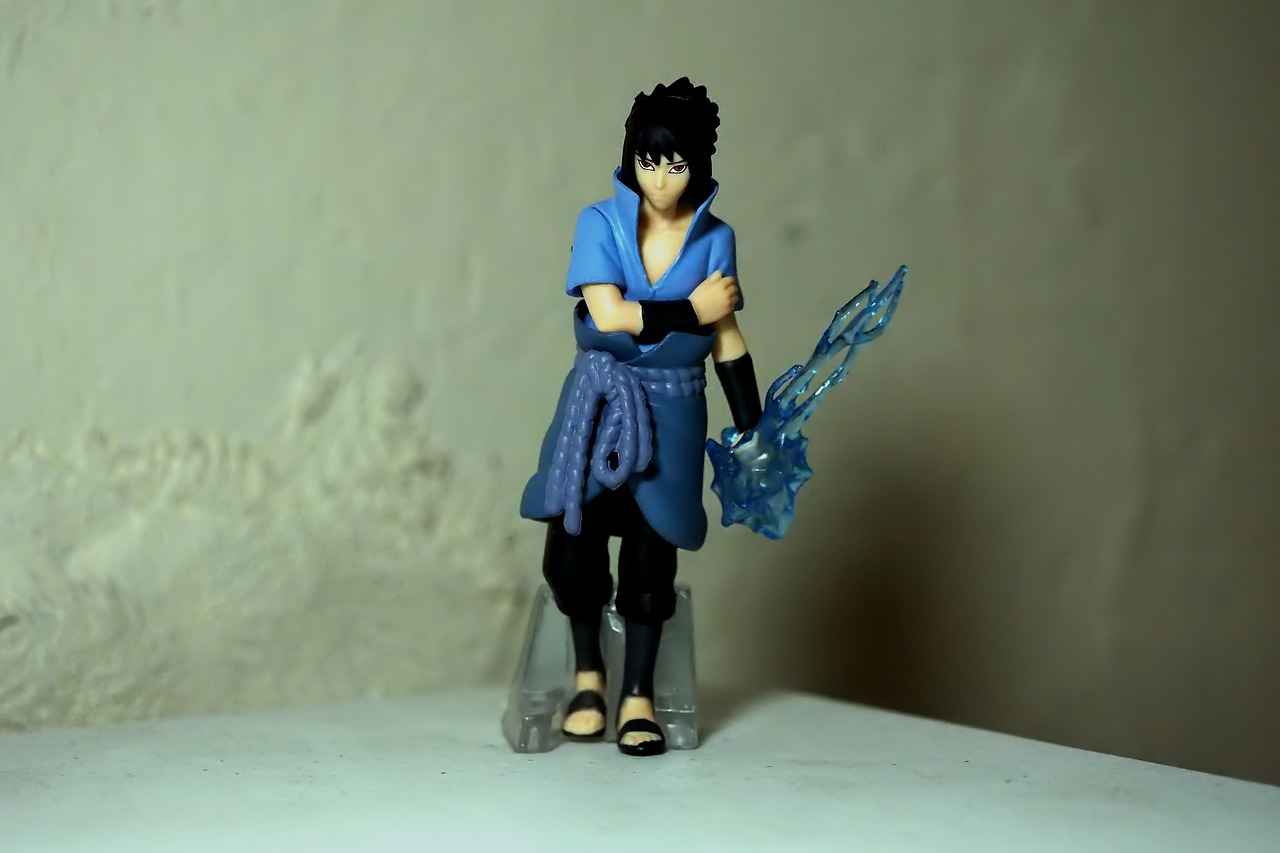
Conclusion: The Legacy of Sasuke’s Quest
Sasuke Uchiha’s quest for revenge is a central theme in the Naruto series that resonates deeply with fans and viewers alike. This journey not only encapsulates the essence of loss and ambition but also serves as a powerful narrative of redemption. Throughout the series, Sasuke’s character evolves from a vengeful youth into a complex individual grappling with the consequences of his choices.
The genesis of Sasuke’s revenge is rooted in the traumatic experience of witnessing the massacre of his clan by his brother, Itachi. This pivotal moment shapes his motivations and drives him to pursue a path filled with darkness. As he navigates this journey, the emotional turmoil he faces highlights the consuming nature of revenge. His struggles are relatable, making him a character that many fans can connect with on a personal level.
Moreover, Sasuke’s quest illustrates the cost of revenge, as he sacrifices friendships and moral values in pursuit of his goals. The strain on his relationships, particularly with Naruto and Sakura, underscores the conflict between friendship and ambition. This tension not only adds depth to the narrative but also prompts audiences to reflect on the true implications of vengeance.
As Sasuke confronts Itachi, the climactic battle becomes a turning point that reveals profound truths about family and forgiveness. The aftermath of his revenge leads to significant consequences, forcing him to reevaluate his understanding of strength and the meaning of redemption.
In conclusion, Sasuke’s revenge quest is more than just a storyline; it is a rich tapestry of emotional depth, character development, and moral dilemmas. This arc leaves a lasting legacy within the Naruto series, influencing both the characters and the audience, and reminding us of the complexities of the human experience.
